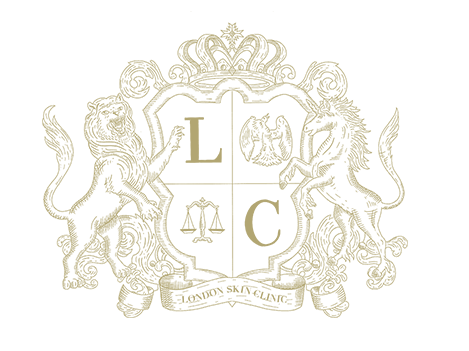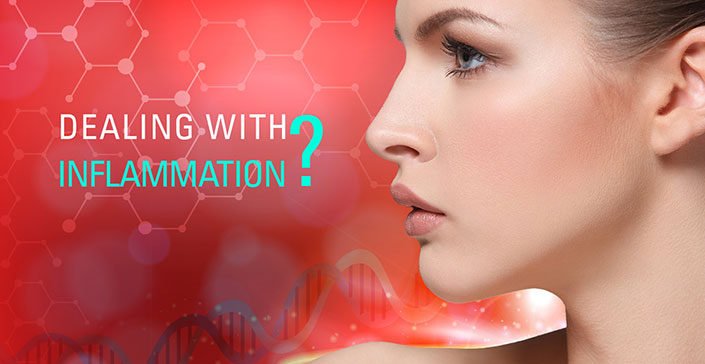Skin inflammation is commonly regarded as something negative, however, this is not necessarily always the case. Inflammation is caused by many factors from disease, bacteria and irritants to UV light and even your diet. These elements force the body to fight back, which is where inflammation or specifically acute inflammation occurs. This fight is essential to keeping the body healthy. However, if acute inflammation loses the fight, it will convert to chronic inflammation, which is destructive to your body’s organs. Chronic inflammation causes cellular dysfunction, alteration of skin texture, true sensitivity, dyschromia, poor response to treatment, poor healing and accelerated ageing. This is why Dr Zein Obagi decided to find a way to tackle it.
Treating Skin Inflammation
Understanding and treating inflammation is complex. Traditional practice in current skincare has not addressed inflammation, though it is a major factor in a variety of skin problems. Medically, practitioners often treat the symptoms rather than identifying and treating the cause.
Dr Zein Obagi has observed violent and prolonged inflammatory response to certain topical agents in some patients. While other patients demonstrated minimal to no reaction to the same agents. These observations inspired him to add anti-irritant ingredients to his skin health restoration products. Proper topical anti-inflammatory agents can be helpful in reducing skin inflammation. These agents are incorporated in most new formulations of ZO® Medical and ZO® Skin Health products and have greatly diminished the violent response from agent-induced skin inflammation.
If acute inflammation is not treated, chronic inflammation will follow. So, to arrest or eliminate chronic skin inflammation, it is necessary to create a 2-6 week phase of acute inflammation by applying the proper concentration, frequency and amount of topical agents. This process enables skin to generate a natural mechanism designed to stop the acute inflammation as well as prevent and eliminate chronic inflammation.
Every patient in Dr Zein Obagi’s practice – whether with acne, rosacea, melasma, sun damage, ageing or textural abnormality – is started with a 2-6 week course of induced acute inflammation known as the ‘Repair Phase’. The patient will show acute inflammation symptoms (redness, dryness and flaking) in this phase. This phase is followed by the ‘Improvement Phase’ and, later, by the ‘Completion/Tolerance Phase’. Stabilising topical agents can be used indefinitely to maintain skin health.
On the other hand, medical topical agents should be limited to 3-5 months to avoid resistance, continuing irritation or photosensitivity. Upon termination of medical treatment, a maintenance program can begin. Stabilisation can be achieved using Retinol, antioxidants, DNA repair agents and anti-irritant agents.


